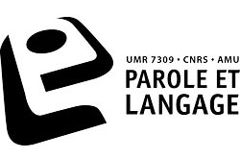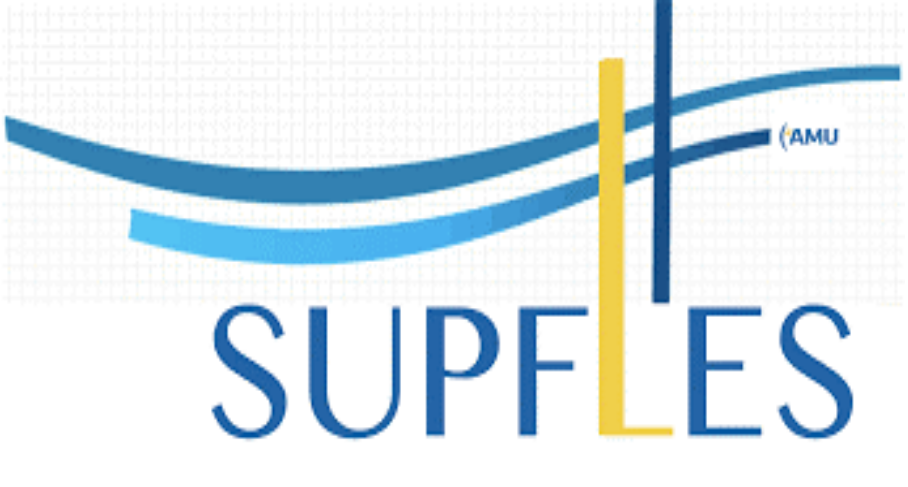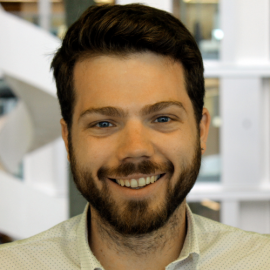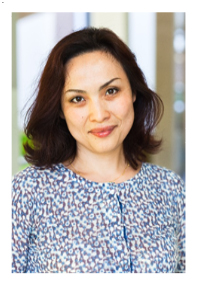Hyong Sil CHO (Speech into Language and Data) will present a seminar on the theme of "Linguistic knowledge in voice assistant technology" on November 29 from 12 noon to 2 p.m. in room B011, followed by a discussion period around professional perspectives in the industry.
This seminar is open to everyone and is particularly aimed at Masters students (SCL, MASCO..), doctoral and post-doctoral students (LPL/AMU, COBRA project..).
Abstract
Today, most electronic devices are equipped with voice assistant. Smart phones understand our speech and cars speak to us in charming human voices. The general algorithm of such a technology works generally through the steps below:
In order to make the whole process successful, contribution of highly qualified linguists is essential. For example, expertise in phonetics and phonology of a particular language is crucial for building a high-quality acoustic model of the language. In the same way, it would be extremely difficult to create any decent semantic model of a language without qualified knowledge in morpho-syntax and semantics of the language.
In this lecture, the basic mechanism of voice assistant technology and the contribution of linguists to the technology will be illustrated with appropriate examples. In addition to the linguistic knowledge, we will also discuss various other qualities of a competent language expert in the field of speech technology.
Short Bio
Hyong Sil CHO holds a PhD in Linguistics – specialized in phonetics under the supervision of Daniel Hirst at the LPL – and an MBA (in big data and business analytics). She is an Σ!Eureka Independent Technical Expert and member of The European AI Alliance.
Born in Korea, she has studied in France and worked in Belgium, Portugal, China and Germany. After her nomadic life, she is now living in The Netherlands but still works with teams in various countries.
Since 1999, she has contributed to a number of projects in language and speech technology, such as electronic dictionary edition and various R&D in speech synthesis and automatic speech recognition. In 2004, she has started her experience in TTS technology in Scansoft Belgium. In 2008 she joined Microsoft Language Development Centre as language expert of French and Korean, where she has been a Language Experts Team Project Manager for lexicon projects from Sep. 2011 to Sep. 2016.
In October 2016, she opened a company named SiLnD (Speech into Language and Data). Since its opening, SiLnD has been working with world leading companies in information technology, car/automotive industry and artificial intelligence.











